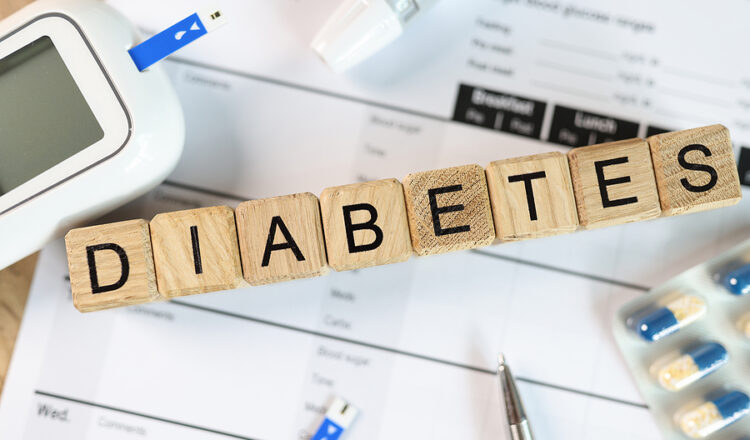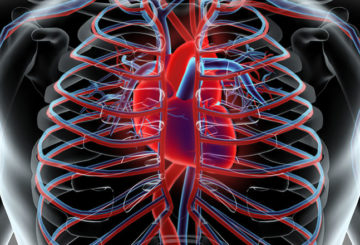Diabetes is a chronic metabolic condition that affects millions of people worldwide. It occurs when the body struggles to regulate blood glucose levels adequately, leading to either insufficient insulin production or an inability to use insulin effectively. Early recognition of diabetes symptoms is crucial for timely diagnosis and proper management of the condition. This article will delve into the most common symptoms of diabetes, helping readers gain a better understanding of this prevalent health issue.
Frequent Urination and Increased Thirst
One of the hallmark symptoms of diabetes is polyuria, a condition characterized by frequent urination. As blood glucose levels rise, the kidneys work to filter and eliminate excess sugar from the bloodstream, resulting in increased urination. This, in turn, leads to dehydration, causing an unquenchable thirst that persists despite increased fluid intake.
Unexplained Weight Loss
Unintended weight loss is often observed in individuals with undiagnosed or poorly managed diabetes. The body loses valuable calories in the form of glucose due to the inability to utilize it effectively, resulting in a decrease in body fat and muscle mass. This weight loss can occur despite normal or increased food consumption.
Fatigue and Weakness
Chronic fatigue and weakness are common complaints among people with diabetes. As the body struggles to utilize glucose efficiently for energy, individuals may experience persistent tiredness, even after sufficient rest and sleep. This lack of energy can significantly impact daily activities and overall quality of life.
Increased Hunger
Despite experiencing weight loss, individuals with diabetes may exhibit increased hunger and an insatiable appetite. The body’s cells, deprived of glucose for energy, signal a need for nourishment, leading to persistent feelings of hunger and overeating.
Blurred Vision
Fluctuating blood sugar levels can cause fluid shifts within the eyes, leading to temporary changes in vision. Blurred vision is a common symptom of diabetes and can result in difficulty focusing or experiencing sudden fluctuations in visual acuity.
Slow Healing Wounds
High blood sugar levels can damage blood vessels and impair circulation, affecting the body’s ability to heal wounds promptly. Minor cuts, bruises, or infections may take longer to heal, increasing the risk of infections and other complications.
Tingling or Numbness in Hands and Feet
Prolonged uncontrolled diabetes can lead to nerve damage, a condition known as diabetic neuropathy. Tingling, numbness, or a burning sensation in the hands and feet are typical signs of neuropathy.
Final Thoughts
Recognizing the early signs of diabetes is crucial for early detection and appropriate management. If you or someone you know is experiencing any of the symptoms mentioned above, it is essential to consult a healthcare professional for proper evaluation and diagnosis. Early intervention, understanding the types of diabetes, lifestyle changes, and adherence to a prescribed treatment plan can significantly improve the quality of life for individuals living with diabetes. Regular medical check-ups and adopting a healthy lifestyle can go a long way in preventing complications and promoting overall well-being.



